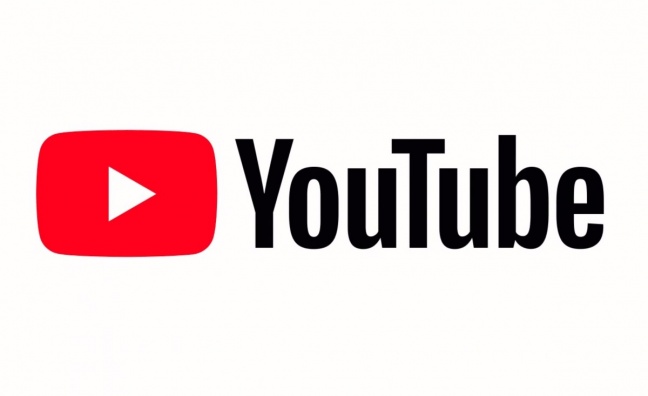Kent Walker, Google’s chief legal counsel, has called on European lawmakers to address the online giant’s concerns about the Copyright Directive.
The copyright reform proposals have passed key stages in the negotiation process and are set to go to a vote of the European Parliament later this month.
The music industry has largely united in approval of measures in Article 13 to address the value gap – the disparity in returns from upload platforms such as YouTube compared to DSPs. However, the IFPI has only shown lukewarm support of the final text.
Google/YouTube have come around to at least some of the final proposals that have been put forward.
“The latest text improves the version adopted by the European Parliament in September 2018,” said Walker in a blog post. “Platforms making a good-faith effort to help rights holders identify and protect works should not face liability for every piece of content a user uploads, especially when neither the rights-holder nor the platform specifically knows who actually owns that content. The final text includes language that recognises that principle.”
However, Walker repeated concerns about “unintended consequences” for artists on platforms such as YouTube. He said Article 13 creates “vague” requirements that could result in the over-blocking of content to limit legal risk, while YouTube could face legal threats from accepting uploads with unclear copyright information.
Walker said: “The text needs to be clearer to reduce legal uncertainty about how rights holders should cooperate to identify their content - giving platforms reference files, as well as copyright notices with key information (like URLs) to facilitate identifying and removing infringing content, while not removing legitimate material.
“Article 13 could impact a large number of platforms big and small, many of them European. Some may not be able to bear these risks. This would be bad for creators and users, who will see online services wrongly block content simply because they need to err on the side of caution and reduce legal risks.”
Walker warned that the proposals in the current text could damage Europe’s creative economy.
“We recognise and appreciate the progress in the text of the directive, but we remain concerned about unintended consequences that may hurt Europe’s creative economy for decades to come,” he said. “The details matter, so we urge policy makers to take these concerns into consideration ahead of the decisive vote and in the implementation phase that follows.”









